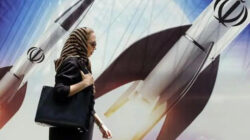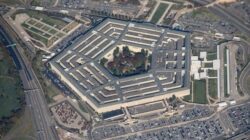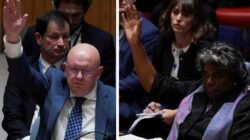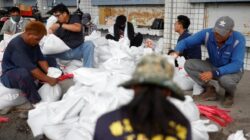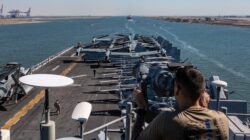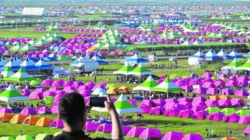NANSHIPU: Taiwan President Tsai Ing-wen paid a visit to army reservists training under a new plan to boost war preparation on Saturday (Mar 12), a program that has gained traction as a result of Russia’s invasion of Ukraine, given China’s bellicosity toward the island.
The conflict in Ukraine has sparked debate in Chinese-claimed Taiwan about its own preparation and tactics if Beijing ever follows through on its threats to conquer the island by force.
Taiwan’s government announced late last year a revamp of its reserve forces’ training, including an increase in combat and shooting drills.
Under the new program, which began this month, reservists will receive two weeks of training instead of the previous five to seven days, and will spend more time on combat training such as rifle fire.
Tsai, who was outfitted in full military fatigues including body armour and was observing the training at the Nanshipu firing range outside the capital Taipei, said reservists were especially being trained in regions near to their homes.
“The recent crisis in Ukraine once again demonstrates that, in addition to international solidarity and help, the defense of the country rests on the unity of the entire people,” she stated, surrounded by her top security officers.
Defence Minister Chiu Kuo-cheng told reporters that they could learn a lot from Ukraine, where individuals were given firearms and dispatched to battle after only a few days of training.
“For our reservists, if they train for between seven and 14 days a year, that gives us a lot more confidence.”
Taiwan has steadily transitioned from a conscript-dominated military to a volunteer-dominated professional army.
However, according to Reuters, the changeover proved difficult and resulted in a reduction of the reserve force’s size to 2.31 million people. During retraining, some people grumbled about spending time on meaningless drills and lectures.
The new system is being tested on around 15,000 reservists throughout the first three quarters of this year, and its viability will be determined in the fourth quarter.
Taiwan and Ukraine’s armed forces are both understaffed and under-equipped in comparison to their massive neighbors.
Tsai has advocated for “asymmetric warfare” to make the military more mobile, tougher to assault, and better equipped to survive and strike back in a battle, as Beijing escalates what Taipei sees as its threats towards the island.
That strategy includes reservists.
The Defence Ministry has actively promoted the new plan on social media, including images of reservists doing live-fire training and being greeted by flag-waving youngsters chanting messages of support.
Freddy Lim, an independent lawmaker who sits on parliament’s defence and foreign affairs committee, told Reuters the Russian invasion of Ukraine has made many Taiwanese more determined to defend the island and has boosted public support for reservist training reform and civil defence.
“In the past, before Ukraine, we were called alarmist when we made these efforts. That’s not the case anymore,” he said.
“Like Ukraine, I believe we have a very strong will to defend our country.”
Source: CNA



